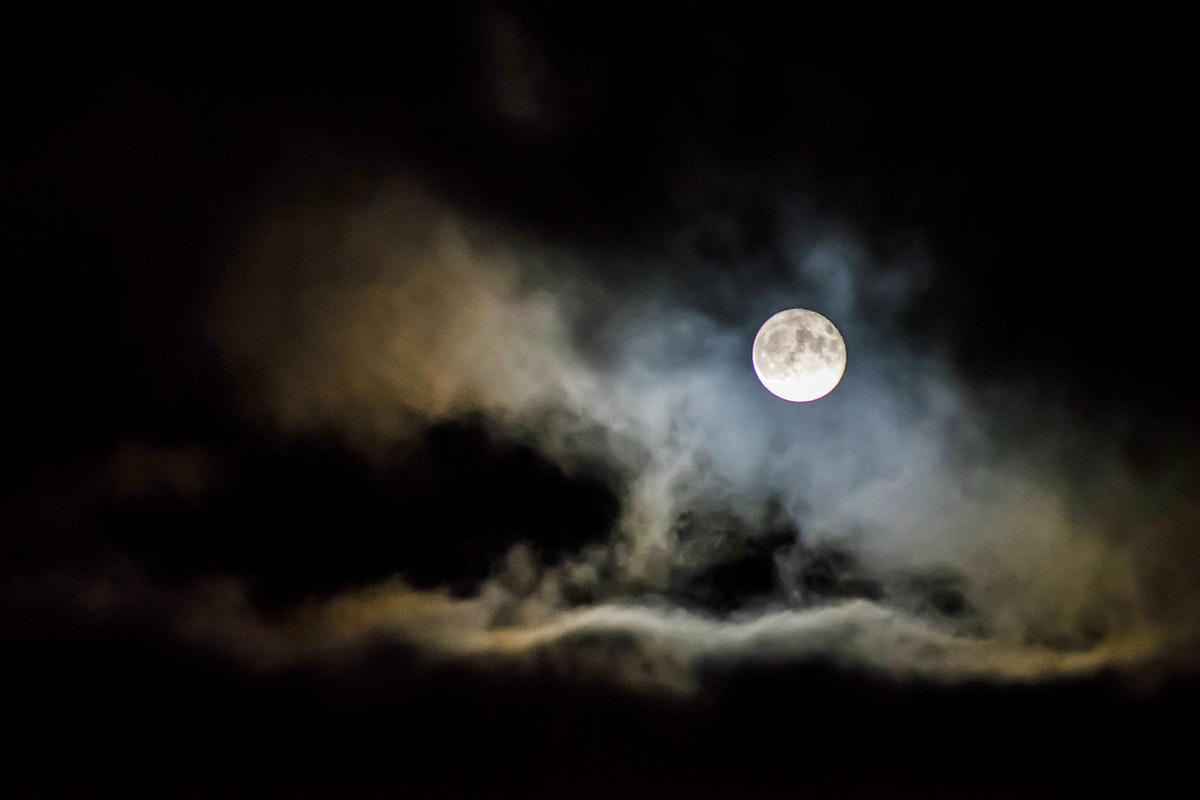1. The donée is the unasked for, the inescapable thing that is given to you. For Lowell it was
history, for Berryman it was the Freudian myth of the Id, for Hughes it was forms of
blackness, for Dickinson it was devotion and skepticism. What is your donée?
2. Are your poems cloud chambers or well-wrought urns? Are they puzzles or
dreams?
3. Of Water, Air, Earth, and Fire which is your predominant element?
4. Is your poetry Greek (idealization) or Roman (realism)?
5. Do your poems follow story lines or song lines? Do they coil or arc?
6. Is your poetry more Ariel (Ethereality, invisibility, velocity), or Caliban (earthiness,
nature, gravity), or Prospero (control, shape, mastery)?
7. Are they more mirror (accurate depiction, the actual) or lamp (expressionistic,
metaphorical)?
8. Are they more concerned with Society or Self?
9. With Self (historical, political) or Soul (private, individuated)?
10. “Mad Ireland hurt you into Poetry,” Auden said of Yeats. What has hurt you into
poetry?
11. If a central dilemma of poetry is a compulsion to understand the world versus a desire
to see beyond the details, to which side do you belong?
12. Is your poetry interested more in wedding or division?
13. What two living, American poets do you most admire?
14. What two poets do you most admire with no temporal or geographic restrictions?
15. Is there a distinct male and female sensibility? Is poetry gendered?
Is it raced?
16. Is your work more concerned with association (metaphor – what it is like) or
attention (what it is)?
17. Is the poem a metaphysical window through which we see deeper realities and the poet
a medium — like a pianist or spiritualist or an actor (transparency theory). Or is the poem
an attempt at embodiment, to clot the emptiness by drawing attention to itself — a reality
(reality theory)?
18. Is your poetry more concerned with ardor or irony? The sublime, however you
conceive it, or the shabby? The vertical or the horizontal?
19. What two qualities do I most admire in a poem?
20. What quality do I wish I had more of in my poems?
21. From a workshop I most want Judgment, Clarification, Support, Validation, or
Sustenance.
22. Larry Brown, former coach of the NBA’s Philadelphia 76ers, said of his [former] star
Allen “The Answer” Iverson, “He doesn’t know the difference between criticism and
coaching.” What’s the difference between criticism and coaching?
BONUS QUESTIONS:
1 . “But the strongest single determinant of a person’s poetic imagination is the
state of negotiations between that person and their idea of the Creator.” Ted
Hughes, Winter Pollen pg.109. True or false?
2. “Poetry generally is a verbal configuration of personality” True or false?
3. True or false: When a poem would neither praise nor blame, it ends up praising;
its figural language heightens any subject and gives it, in capable hands, a
nobility.
4. Cat or ox? Hummingbird or crane?
I begin the year with my second year workshop students at the MFA program here at Syracuse by giving them Ten Rules for Writers (and an encouragement) and this quiz I’ve harvested from my reading. Bring back the quiz, I say! Bring back sweating on the first day! This quiz asks students to assess and categorize their own work with these largely impossible binaries. I take them home and read them and respond to them as I read for the first time their poems.
Best Authentic Sneakers | Best Selling Air Jordan 1 Mid Light Smoke Grey For Sale 554724-092
